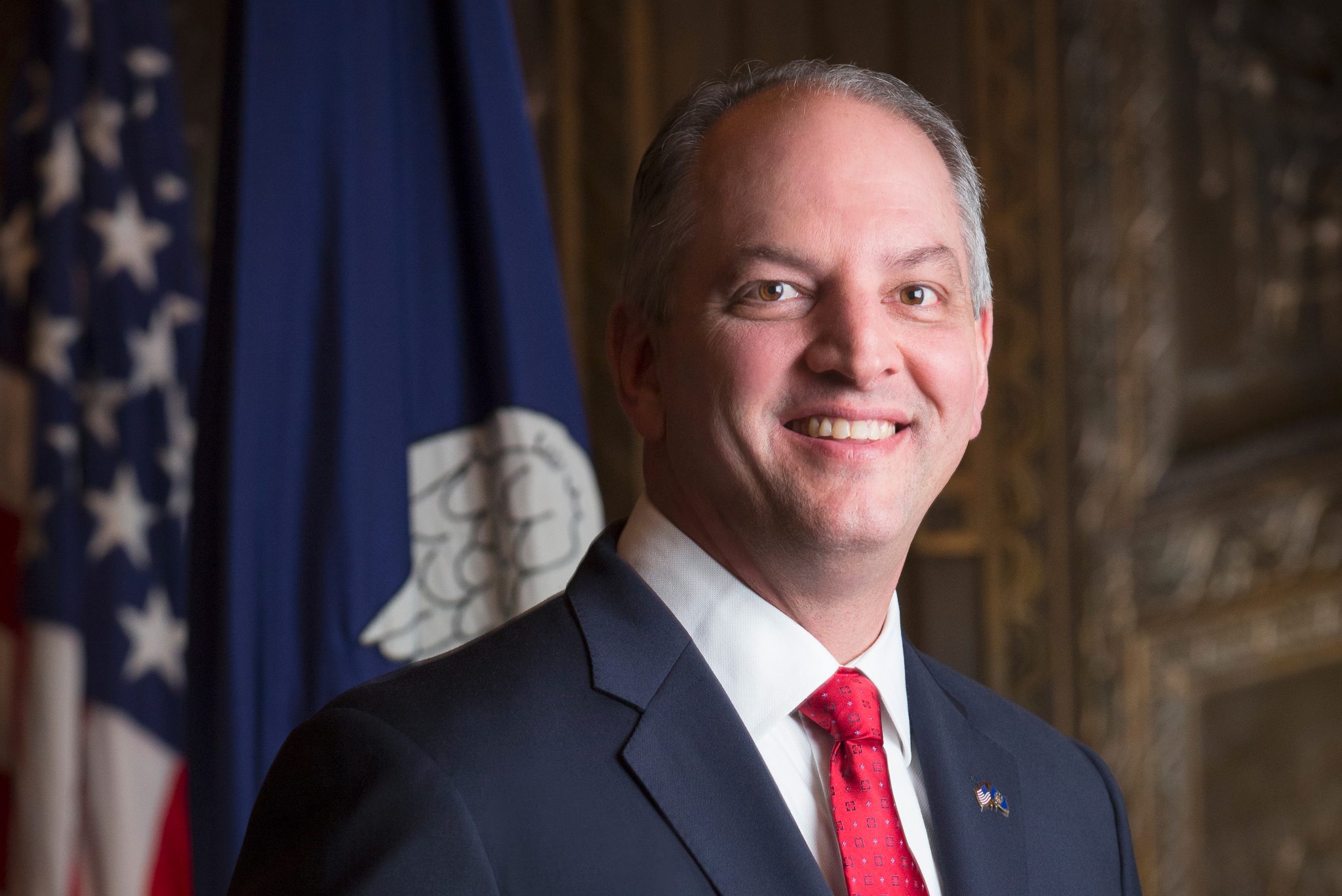205
David Jacobs
The Center Square
Gov. John Bel Edwards’ administration says he plans to sue state Treasurer John Schroder over Schroder’s refusal to allow state government to spend unclaimed property money.
Schroder’s position was a poin
Louisiana Gov. Edwards plans to sue state treasurer as Republicans block state revenue projection
previous post



